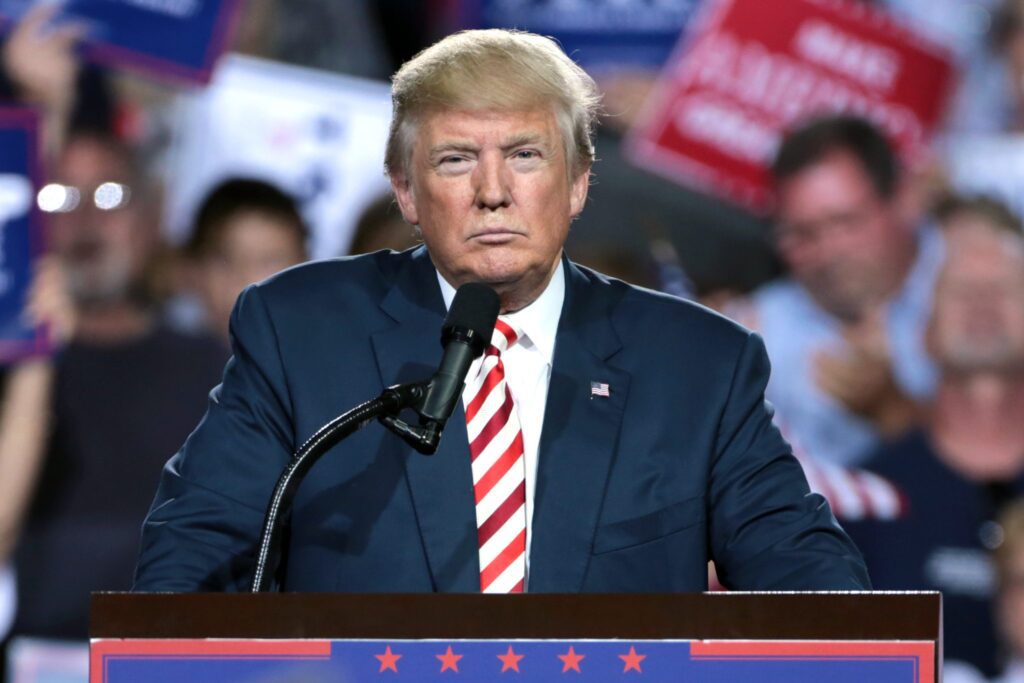Jehangir Khattak, New York

September was a month of high drama in Washington. First there were high hopes of a US-Taliban peace agreement. And then came the bombshell from President Donald Trump; in a usual early morning tweet on September 7, he cancelled the impending meeting at Camp David with Taliban leaders.
Next day saw the unceremonious exit of John Bolton – the biggest opponent of a deal with Taliban – and replaced by another hawk Robert O’Brien.
Then on September 20, Trump dared the Taliban insurgents again by repeating what he had said in July during an Oval Office meeting with Prime Minister Imran Khan;
“We’ve been very effective in Afghanistan, and if we wanted to do a certain method of war, we would win that very quickly, but many, many, really, tens of millions of people would be killed, and we think it’s unnecessary,”
He made those comments at a joint news conference with the Australian Prime Minister Scott Morrison.
With these comments by Trump fears began growing that the US foreign policy process is likely to remain undisciplined, uncoordinated and volatile in the coming months.
It entails a direct impact on the Afghan peace process as well. No body would have the crystal ball to foretell as to how things will pan out in near future. But for now one thing is clear, Afghanistan has lost its best chance for peace, which now hinges on how quickly can the dust settle in the aftermath of the presidential election.
The timing of Trump’s announcement had two major impacts. It gave new relevance to the tottering government of President Ashraf Ghani which had been practically dumped by the US during talks with Taliban, and bringing Afghanistan as close to civil war as it was to peace before Trump’s announcement. It matters less who gets elected in the Afghan elections if the process is questioned for its transparency and occupants of almost half of its geography determined to bring the Afghan government down.
With their intransigence on the question of engaging with the Ghani government, the Taliban literally played into the hands of the president, who had been intent on going through the election. So what prompted Trump to torpedo the peace agreement that awaited formal signing? Obviously, it would have fulfilled his campaign. Why did he changed his mind on deal with Taliban? Did he succumb to the relentless opposition from hawk’s in Washington or the “deep state” swing into action to scuttle it? A convincing answer is impossible to find for now. But its Implications are profound.
Trump’s impulsive diplomacy?

President Trump is known for his reactionary and impulsive diplomacy. In case of North Korea, whose leader he once called “little rocket man”, he took the rhetoric to unprecedented levels and then sat down with him. Similarly, when Iran shot an American drone in May this year, Trump threatened a military retaliation which at that time was so widely anticipated. But he surprised the world with his tweet, that he had called off an airstrike on Iran when American jets were airborne and headed to their targets.
In case of Afghanistan, he announced a militarized vision for South Asia in August 2017, promising to subdue Taliban militarily. But within few months he surprised the world by announcing peace talks with the Taliban that he had promised to annihilate.
The talks progressed well for nine months but it is not clear even today why the September 5 attack would have prompted the US President to declare the Peace Deal dead, because
a) at least 17 American troops had been killed in combat in 2019 until September 5, and
b) multiple large-scale bombings of civilian targets by the Taliban had continued as they negotiated with Zalmay Khalilzad in Doha.
Trump’s close ally India, which felt left out from the peace process, had also never been in favour of a US-Taliban peace agreement sans Ghani government, and it probably mobilised all resources to throw a spanner in the process, and thus getting what the American hawks, the Afghan government and India itself had wanted.
India thus was the biggest beneficiary of Trump’s decision. It not only scuttled the deal but also shifted international focus from Kashmir, reducing pressure on India.
Other potential motivating factors include negative reactions to the prospective deal from some Members of Congress, negative press coverage and the opposition to hosting Taliban at Camp David which would have happened three days before the 18th anniversary of the 9/11 and lastly deep divisions amongst his own advisors and the deep state.

Stakes for Trump?
For President Trump, peace in Afghanistan is not just a strategic priority but a political necessity in his quest to retain White House for a second term in 2020 elections. Trump has the option of pulling out of Afghanistan without a deal with Taliban but that will neither guarantee peace nor stability and nor a second term.
In interviews the day after the President’s tweets, Secretary of State Mike Pompeo said that a U.S. troop withdrawal was still a possibility. That course of action was reportedly favored by former National Security Advisor John Bolton. That view is echoed by some analysts who argue, as former U.S. diplomat Laurel Miller did, “if all the United States wanted to do was withdraw from Afghanistan, it doesn’t need to make a deal with the Taliban to do it. It can just do it…The only value of a U.S.-Taliban deal is if it is a prelude to an actual peace process among Afghans.”





